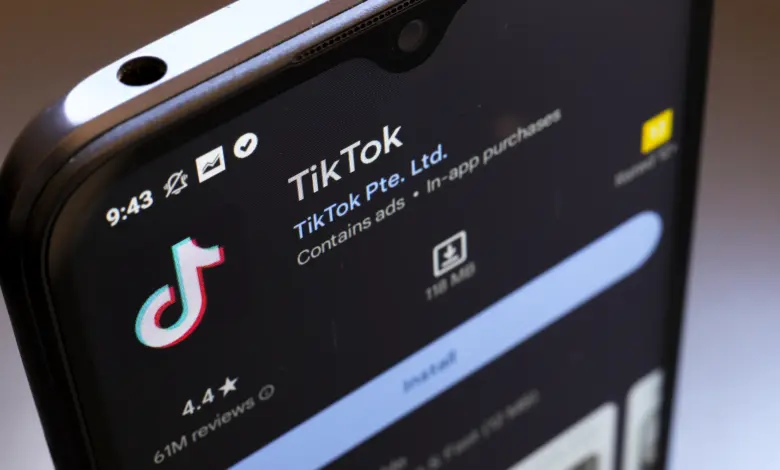
A federal appeals court on Friday declined to temporarily block a ban on TikTok, teeing up a showdown at the Supreme Court over whether the law should take effect while the social media platform’s challenge to it plays out.
Last week, the DC Circuit Court of Appeals unanimously upheld the law, clearing the way for it to take effect on January 19. Days later, TikTok asked the court to issue a temporary pause on the ban while the company asks the Supreme Court to review its challenge to the law. The appeals court unanimously rejected that bid in a brief, unsigned order that called such a block “unwarranted.”
The TikTok ban has been one of the most closely watched pieces of federal legislation in recent years, and it’s been widely expected that the law would eventually land before the conservative-majority Supreme Court.
The law requires the platform be sold to a new, non-Chinese owner or be banned in the United States. After the January deadline, US app stores and internet services could face hefty fines for hosting TikTok if it is not sold. (Under the legislation, the president may issue a one-time extension of the deadline.)
The company had indicated in court filings that if the appeals court declined to grant interim relief, it would ask the Supreme Court to step in on an emergency basis to block the law for now. That request could come at any time.
Attorneys for the company had argued to the appeals court that declining to temporarily block the law would force the Supreme Court to review the matter on its so-called shadow docket “in mere weeks (and over the holidays, no less).”
“Out of respect for the Supreme Court’s vital role, this Court should grant an interim injunction that enables a more deliberate and orderly process,” they wrote in court papers.
The Biden administration, meanwhile, had urged the appeals court to not issue a temporary block on the law, arguing that doing so might allow the company to wait months to appeal the case to the Supreme Court, effectively halting the law indefinitely.
Congress passed the ban with bipartisan support earlier this year and President Joe Biden signed it into law in April. It came in response to years of concern in Washington that the app’s Chinese parent-company ByteDance poses a national security risk.
The DC Circuit said in its ruling last week that the law did not run afoul of the US Constitution, with the court saying that it satisfies a legal standard known as strict scrutiny that must be met for government restrictions on speech to stand.
“The Act was the culmination of extensive, bipartisan action by the Congress and by successive presidents. It was carefully crafted to deal only with control by a foreign adversary, and it was part of a broader effort to counter a well-substantiated national security threat posed by the (People’s Republic of China),” the ruling said. “Under these circumstances, the provisions of the Act that are before us withstand the most searching review.”
TikTok’s attorneys, however, say the Supreme Court should have the final word in the matter given the sensitivity of the legal issues at the center of the case.
“This Court’s holding that the Act satisfies strict scrutiny is sure to attract the Supreme Court’s attention,” they wrote in court filings. “It is, at the very least, a close question whether the Act is the rare law that would survive strict scrutiny.”
ByteDance has previously indicated it will not sell TikTok.
This story has been updated with additional details.
CNN’s Clare Duffy and Brian Fung contributed to this report.




